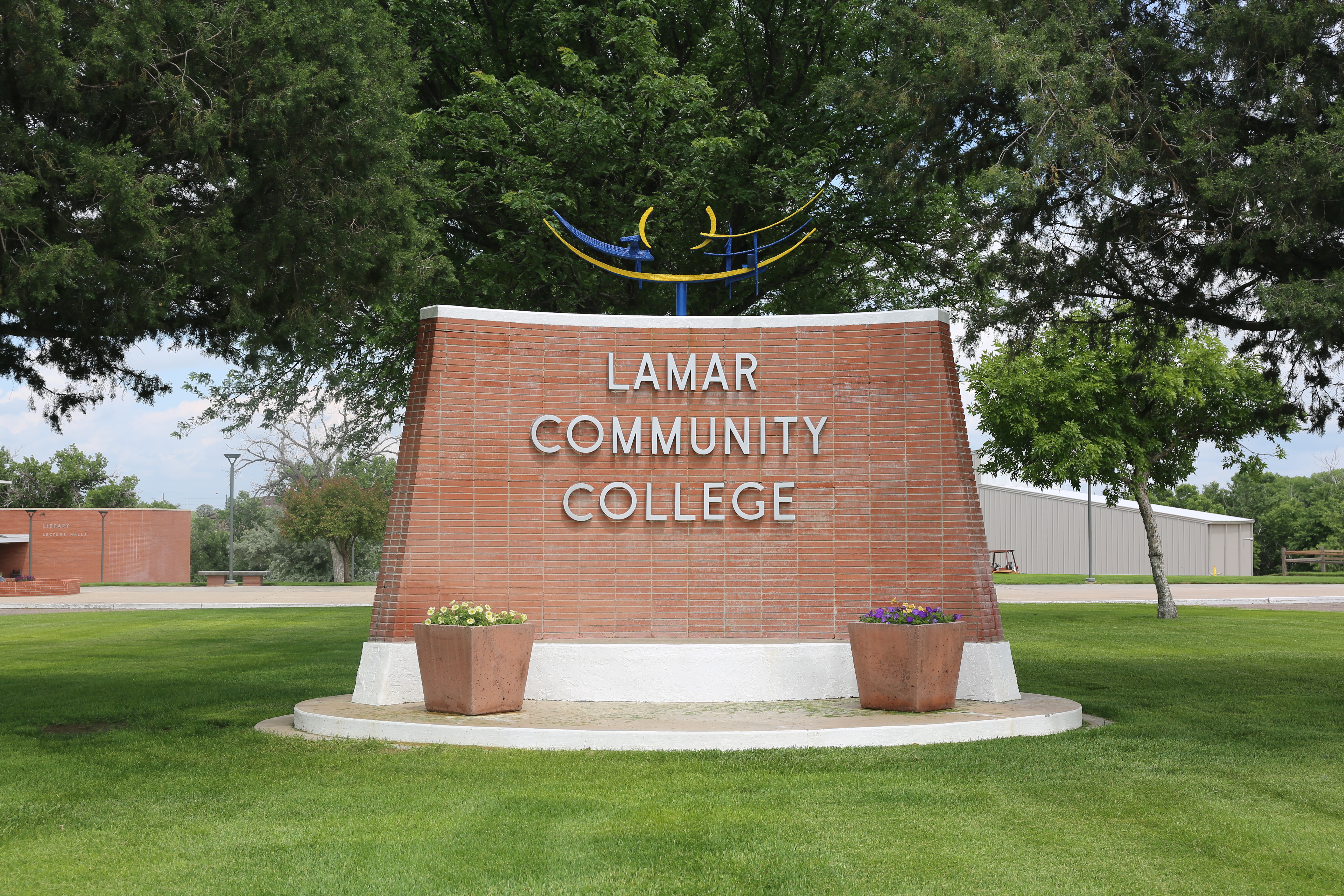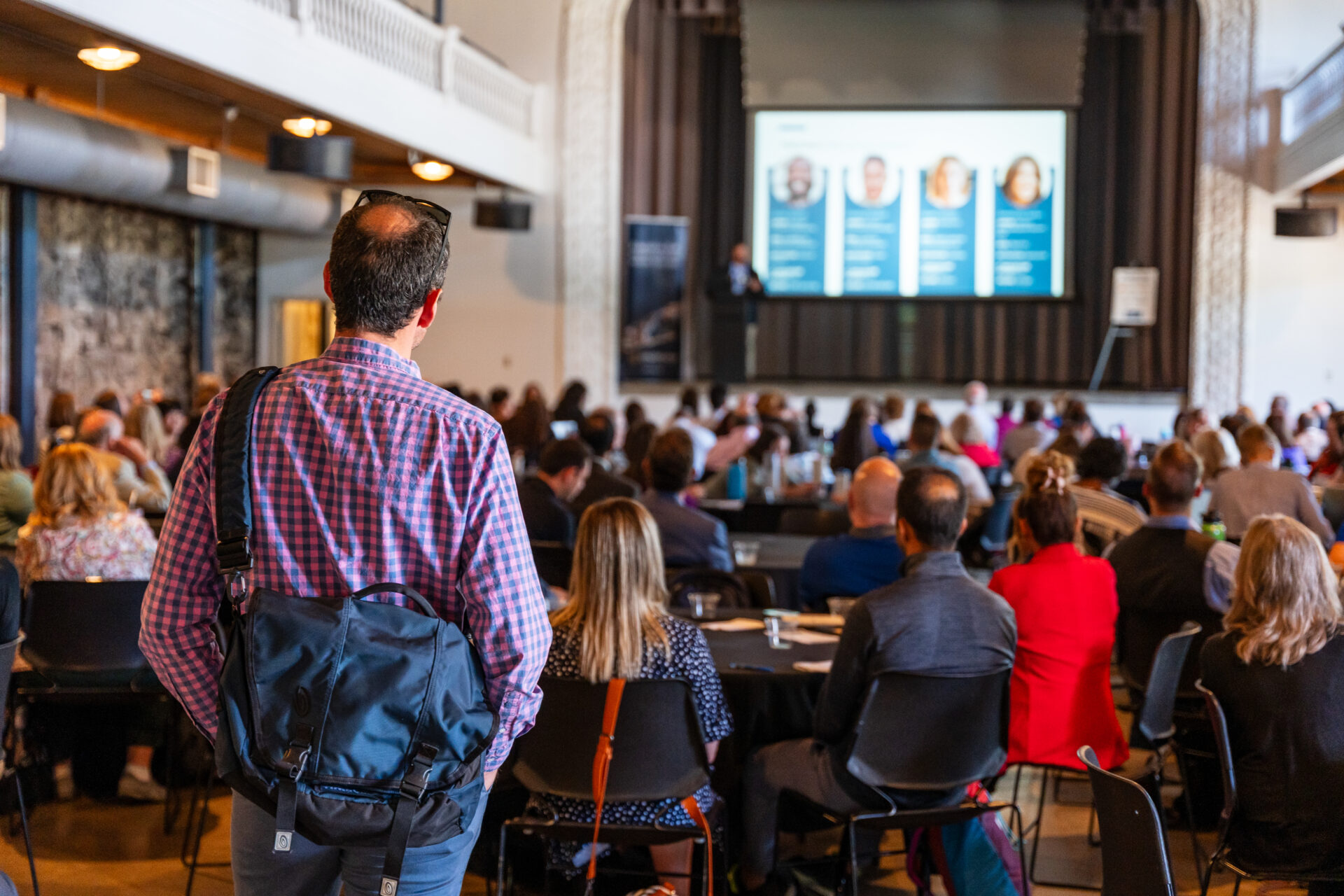Community college students may soon build rockets and satellites as the Colorado Community College System (CCCS) maps out potential aerospace programming alongside industry experts.
From Ball Aerospace to the Space Force, Colorado is home to national leaders in space exploration, defense, and intelligence—and the industry is soaring. Aerospace engineering jobs are projected to grow by 21% by 2030, according to the Colorado Talent Pipeline Report.
To meet these demands, CCCS has convened more than a dozen industry, government, and education representatives to design aerospace curriculum over the coming years. The group recently visited two community colleges in Washington state to see effective programs in action.
“It was so valuable to learn about the history of these programs and understand the facilities and partnerships needed to be successful,” said Dr. Landon Pirius, CCCS vice chancellor for academic and student affairs. “While we will align our programming to Colorado’s unique needs, we were fortunate to learn from Washington as we craft our approach.”
Staying Aligned
That approach will require high-tech facilities and equipment, the group learned from touring Clover Park Technical College and Everett Community College. Both institutions offer a range of aerospace-related programs, from aviation to advanced manufacturing.
The Colorado contingent walked through several state-of-the-art facilities, where students hone real-world skills working on airplanes, fabrication machines, and computer aided design software. Many programs take just months to complete and qualify learners for jobs that pay up to six figures.
Although these resources come with a hefty price tag, they are essential to student success, Dr. Pirius said. He believes Colorado can emulate Washington’s model by combining public, private, and institutional funding.
“Colleges need these facilities and the right equipment to train qualified employees,” he said. “It’s important to stay aligned with industry so that academic programs actually meet workforce needs.”
Colleges need these facilities and the right equipment to train qualified employees, it’s important to stay aligned with industry so that academic programs actually meet workforce needs.
Building Systems
Not only do successful programs rely on up-to-date equipment—they also demand strong partnerships, the group learned.
“From our conversations with our Washington colleagues, it became clear that industry collaboration has been key to their progress,” Dr. Pirius said. “Program development will take time, but it should be done shoulder to shoulder with K-12 education, industry, and local and state government.”
Given the diversity of the tour group, CCCS already has a leg up on this cross-sector collaboration, Dr. Pirius said. Leaders from the City of Longmont and the Governor’s Office, administrators from Cherry Creeks Schools, and industry experts from companies like Emerson Automation and Envision Strategy Group all joined the trip, as well as representatives from Front Range Community College (FRCC).
For Scott Chrisbacher, founder and CEO of the consulting group Stratosphere, the opportunity to was too exciting to pass up. He’s long been interested in connecting community colleges students to aerospace jobs and even partners with the Foundation for Colorado Community Colleges to fund scholarships for students in science, technology, engineering, and math fields.
On the tour, he was struck by the colleges’ focus on mechatronics and other niche skills needed for a thriving aerospace industry.
“Engineering is certainly important because it’s the front end of the process, where you’re imagining and designing, but people need to build those systems,” he explained. “The pathway that we’re trying to create is for people to learn the skills and the knowledge to manufacture complex spacecraft and aircraft.”
Reaching New Heights
Back in Colorado, the group is focusing on its next mission: delivering a full aerospace pathway that will support both students and employers.
Chrisbacher and others are interviewing leaders from several aerospace manufacturing companies to identify the skills and competencies needed for in-demand jobs and will draft curriculum based on their findings. Then, they will draft a strategic plan that maps out facility space, equipment, faculty, and other resource requirements to begin developing a program in earnest.
The goal is to create a “stackable” pathway that engages students as early as middle school and provides credentialing opportunities from certificates up to degrees. CCCS already partners with state universities to offer transfer pathways for aspiring engineers, creating a seamless pathway to Bachelor’s and Master’s programs in aerospace, Dr. Pirius said.
CCCS will also build on successful initiatives across the system. FRCC, for example, is home to the Center For Integrated Manufacturing that boasts an 80% placement rate. Many colleges participate in the NASA Colorado Space Grant Consortium that provides students with hands-on research and design experience.
With all this activity around workforce development, Chrisbacher believes the aerospace industry can reach new heights.
“From the industry perspective, building a talent pipeline is a strategic priority,” he said. “There’s great involvement across the board, so that’s encouraging.”


